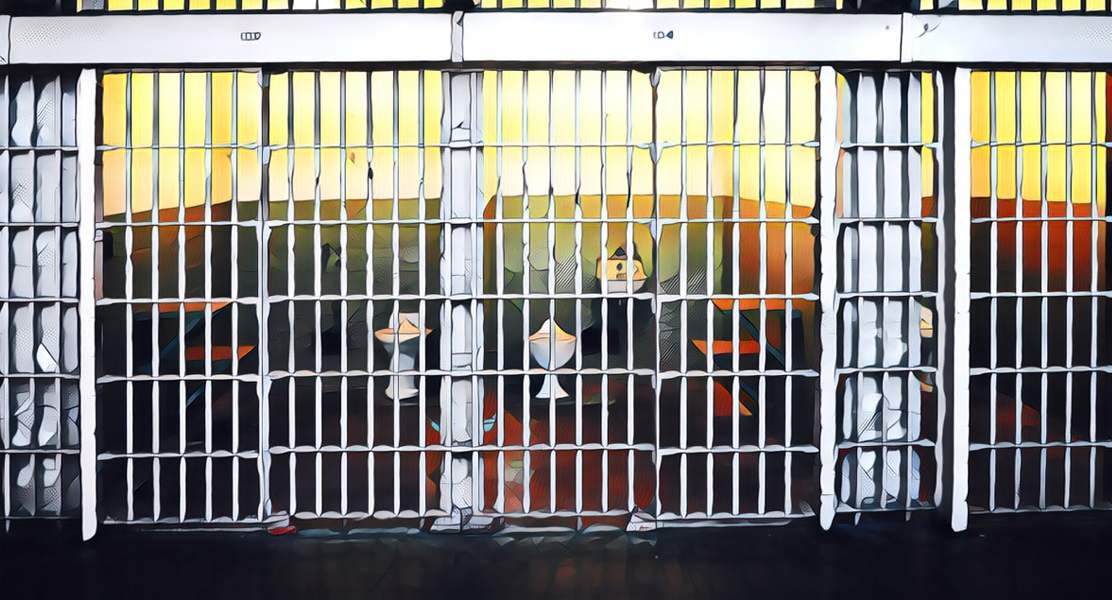U.S. Supreme Court sides with Alabama death row inmate, declines to lift stay of execution over state’s refusal to allow clergy in chamber

A stay of execution issued by the 11th U.S. Circuit Court of Appeals will remain in place after the U.S. Supreme Court rejected a petition to overturn it filed by the state of Alabama. The appeals court halted the execution of Willie Smith, which was scheduled for February 11, 2021, over the state’s refusal to allow Smith to be accompanied by his pastor in the execution chamber.
The 11th Circuit found that the state had failed to demonstrate that its no-clergy policy is necessary to maintain security and order over the execution process. Writing a concurring opinion for the Supreme Court, Justice Elena Kagan, joined by Justices Amy Barrett, Stephen Breyer, and Sonia Sotomayor, explained why the state’s argument is insufficient to justify the burden on Smith’s religion under the Religious Land Use and Institutionalized Persons Act (RLUIPA).
Here is an excerpt:
Prison security is, of course, a compelling state interest. But past practice, in Alabama and elsewhere, shows that a prison may ensure security without barring all clergy members from the execution chamber. Until two years ago, Alabama required the presence of a prison chaplain at an inmate’s side. (It gave up the practice only when this Court barred States from providing spiritual advisors of just one faith.) Still more relevant, other jurisdictions have allowed clergy members with no connection to the government to attend an inmate’s execution. In the last year, the Federal Government has conducted more than 10 executions attended by the prisoner’s clergy of choice—exactly what Smith requests. And some States have chosen to follow the same practice. Nowhere, as far as I can tell, has the presence of a clergy member (whether state-appointed or independent) disturbed an execution. That record “suggests that [Alabama] could satisfy its security concerns through a means less restrictive” than its current prohibition.
Chief Justice John Roberts and Justices Brett Kavanaugh, and Clarence Thomas would have lifted the stay and allowed the execution to proceed.
The move comes almost exactly two years after the Court lifted a stay of execution in Alabama despite a religious liberty claim over the state’s refusal to allow an imam in the execution chamber, though a Christian chaplain was allowed. BJC Executive Director Amanda Tyler at the time called the decision “an astonishing display of Christian preferentialism.” After weeks of criticism over that case, the Court issued an opinion in a different case that reached the opposite result, halting an execution in Texas over the state’s refusal to allow a Buddhist leader to attend.
Unfortunately, Alabama’s Department of Corrections addressed this charge of religious discrimination by allowing *no members of the clergy of any faith* into the execution chamber. But as Justice Kagan wrote, “[t]he law guarantees [Willie] Smith the right to practice his faith free from unnecessary interference, including at the moment the State puts him to death.”
Speaking to Sojourners, BJC Associate General Counsel Jennifer Hawks echoed the sentiment that religious freedom does not end at the prison door:
“Religious accommodation, at the moment of a state-imposed death, should never depend on the government’s religious preference,” Hawks said. “If the federal government and [other] states have figured out how to have religious leaders who are not prison employees safely present in the execution chamber, Alabama must demonstrate why what’s normal in other jurisdictions is impossible in Alabama.”




